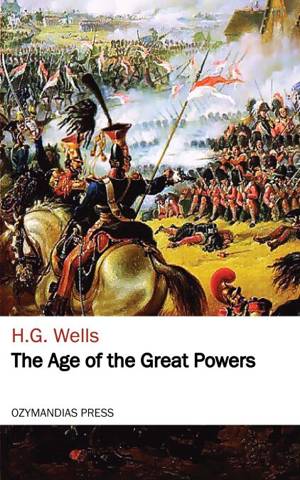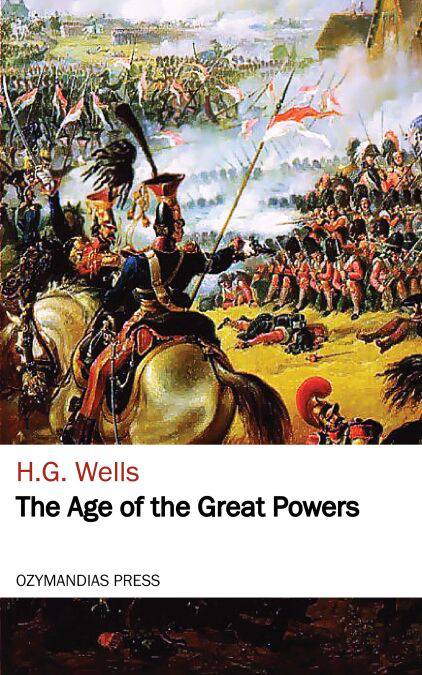
- Retrait gratuit dans votre magasin Club
- 7.000.000 titres dans notre catalogue
- Payer en toute sécurité
- Toujours un magasin près de chez vous
- Retrait gratuit dans votre magasin Club
- 7.000.0000 titres dans notre catalogue
- Payer en toute sécurité
- Toujours un magasin près de chez vous
Description
The open struggle of the private property owner against the aggressions of the "Prince" begins in England far back in the twelfth century. The phase in this struggle that we have to study now is the phase that opened with the attempts of Henry VII and VIII and their successors, Edward VI, Mary and Elizabeth, to make the government of England a "personal monarchy" of the continental type. It became more acute when, by dynastic accidents, James, King of Scotland, became James I, King of both Scotland and England (1603), and began to talk in the manner we have already quoted of his "divine right" to do as he pleased. But never had the path of English monarchy been a smooth one. In all the monarchies of the Northmen and Germanic invaders of the empire there had been a tradition of a popular assembly of influential and representative men to preserve their general liberties, and in none was it more living than in England. France had her tradition of the assembly of the Three Estates, Spain her Cortes, but the English assembly was peculiar in two respects: that it had behind it a documentary declaration of certain elementary and universal rights, and that it contained elected "Knights of the Shire," as well as elected burghers from the towns. The French and Spanish assemblies had the latter, but not the former element...
Spécifications
Parties prenantes
- Auteur(s) :
- Editeur:
Contenu
- Nombre de pages :
- 517
- Langue:
- Anglais
Caractéristiques
- EAN:
- 9781531280352
- Date de parution :
- 09-04-18
- Format:
- Ebook
- Protection digitale:
- Digital watermarking
- Format numérique:
- ePub

Les avis
Nous publions uniquement les avis qui respectent les conditions requises. Consultez nos conditions pour les avis.






